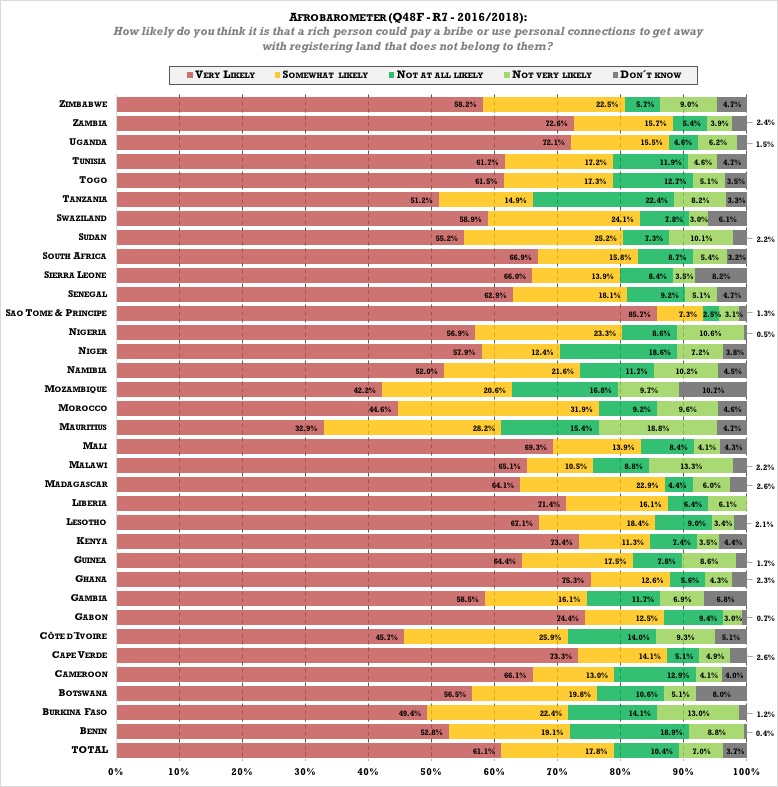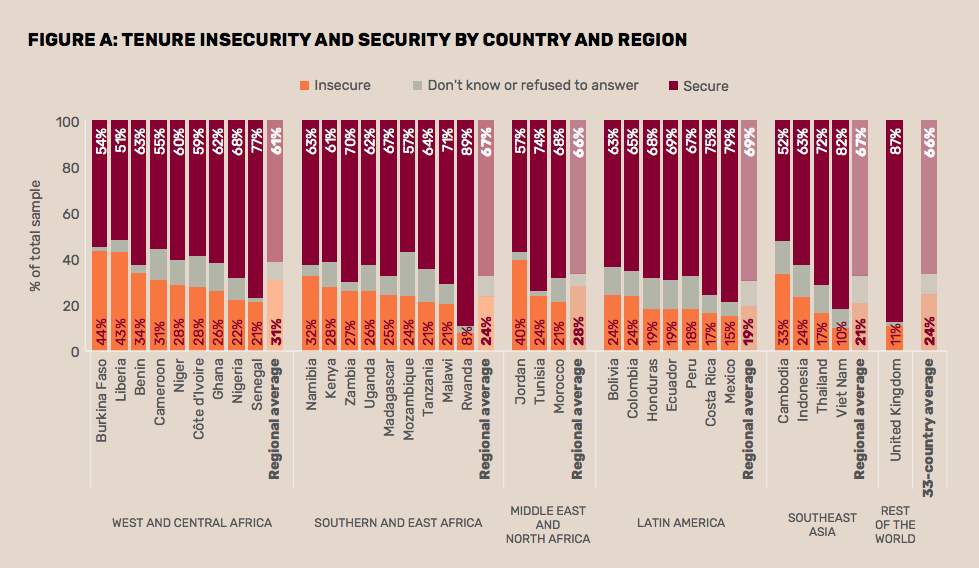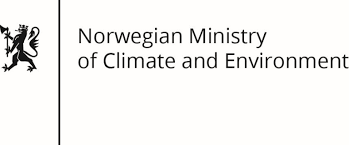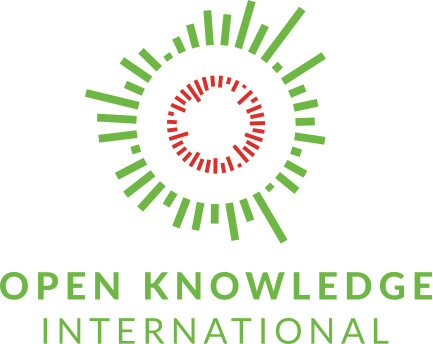
Topics and Regions
Marcello De Maria is a Postdoctoral Researcher based at the School of Agriculture, Policy and Development - University of Reading.
In 2019, he defended his PhD thesis titled 'Essays on the Economics of Large-Scale Land Acquisitions' and joined the TRADE Hub project (http://tradehub.earth/), where he is focusing on policy and institutional solutions for sustainable trade for a number of agricultural commodities - including soybean.
He worked for a decade as freelance researcher and data analyst with a variety of NGOs, research institutes, national and international organisations - including the Italian National Institute of Agricultural Economics (ex-INEA, now CREA), Transparency International, The Global Donor Platform on Land, GIZ and the Land Portal. His research focuses on different aspects of land justice (and injustice), ranging from trade and environmental economics, to land tenure and transparency in land information (eco)systems, ultimately looking at concrete solutions for the promotion of a more sustainable and just governance of land and other natural resources.
Research interests: Sustainable trade; Agricultural commodities; Large-scale land acquisitions; Land tenure; Land governance; Institutions; Property rights; Fair compensation; Land justice; Open land data; Transparency & anticorruption; Sustainable trade for agricultural commodities
Details
Website
Location
Contributions
Displaying 11 - 20 of 23"We want our land back", say post-conflict returnees - Report from UN Mission in South Sudan
Returnees in the Jonglei area have advocated the setting up of land dispute commissions to assist in arbitration and mediation that would ensure that land is returned to its rightful owners.
The former refugees and internally displaced persons were speaking at the end of a consultative workshop on creating an enabling environment for returnees in their areas of origin.
The main takeaway from this year's Global Landscapes Forum? Diversity is key!
At this year' Global Landscape Forum (GLF 2019), one message was loud and clear: diversity is key to restoration and sustainable landscape management, more specifically the emphasis on a variety of viewpoints and stories, is what will help us reach our goals!
Norwegian Ministry of Climate and Environment
The Ministry of Climate and Environment has a particular responsibility for carrying out the environmental policies of the Government.
Environmental policy cuts across ministerial boundaries and involves issues that are the responsibility of several different ministries.
The Bonn Challenge Barometer - Measuring restoration efforts
The Bonn Challenge barometer quantifies the progresses towards the implementation of the Bonn Challenge (a global effort to bring 150 million hectares of deforested and degraded land into restoration by 2020 and 350 million hectares by 2030) and provides information to accelerate action and address implementation bottlenecks.
There are a wide range of tangible benefits associated with Forest and Landscape Restoration (FLR), ranging from climate change mitigation, to biodiversity restoration and human well-being. Given this, the Bonn Challenge Barometer:
offers a systematic framework to take stock of progress, including hectares brought under restoration and a defined set of policy, regulatory, financial, and technical planning actions deemed important for achieving successful landscape restoration. It also supports pledgers to assess the impacts of their forest landscape restoration efforts and identify bottlenecks and resources to facilitate continued action.
(Source: Bonn Challenge Barometer - Progress Tracking Protocol, December 2018)
To date, 58 Governments, private associations and companies have pledged over 170 million hectares to the Challenge.

Source: http://www.bonnchallenge.org/.
Afrobarometer Survey (round 7) - A Selection of Land-Related Indicators
Afrobarometer is a pan-African, non-partisan research network that conducts public attitude surveys on democracy, governance, economic conditions, and related issues in more than 35 countries in Africa. Afrobarometer surveys collect and publish high-quality, reliable statistical data on Africa, which is freely available to the public.
The latest round of the Afrobarometer Survey (Round 7 - 2016/2018), for the first time, collected also opinions and perceptions around land-related issues, including women land rights and corruption in the land sector.
The Land Portal presents only a subset of the data gathered during the 7th round of the Afrobarometer survey, focusing only on indicators that are land-related.
For instance, corruption in the land sector emerged as a crucial and widespread concern, with almost four of every five respondents believing that is likely or very likely that:
a rich persons could pay a bribe or use personal connections to get away with registering land that does not belong to them.
Source: elaboration on Afrobarometer data, Round 7.

Source: elaboration on Afrobarometer data.
For more information on the Afrobarometer, please visit the website afrobarometer.org.
Social Institutions and Gender index 2019 (SIGI 2019)
The Social Institution and Gender Index (SIGI) dataset address the de jure and de facto situations of discriminatory social institutions, combining both qualitative and quantitative data providing information information on laws, attitudes and practices across 180 countries. According to the original SIGI website:
"Discriminatory social institutions intersect across all stages of girls’ and women’s life, restricting their access to justice, rights and empowerment opportunities and undermining their agency and decision-making authority over their life choices. As underlying drivers of gender inequalities, discriminatory social institutions perpetuate gender gaps in development areas, such as education, employment and health, and hinder progress towards rights-based social transformation that benefits both women and men."
The first edition of the SIGI dataset was first launched in 2009, and then updated in 2012, 2014 and 2019. The SIGI 2019 is built around four sub-indices, namely discrimination in the family, restricted physical integrity, restricted access to productive and financial resources, and restricted civil liberties.

Prindex - Global Property Rights Index - 2018/2019
Prindex stands for the Global Property Rights Index, an indicator of citizens' perceptions of the security of land and property rights. It aims to fill the gap in information about individual perception of tenure security, by creating a baseline global dataset covering more than 100 countries by the end of 2019, to support the achievement of secure property rights around the world.
This dataset portfolio shows a selection of the key 2018-2019 Prindex indicators for 33 countries (Benin, Bolivia, Burkina Faso, Cambodia, Cameroon, Colombia, Costa Rica, Ivory Coast, Ecuador, Ghana, Honduras, Indonesia, Jordan, Kenya, Liberia, Madagascar, Malawi, Mexico, Morocco, Mozambique, Namibia, Niger, Nigeria, Peru, Rwanda, Senegal, Tanzania, Thailand, Tunisia, Uganda, United kingdom, Vietnam and Zambia) but additional information about the methodology and the questionnaire, as well as the full data are available on the Prindex website: https://www.prindex.net/.
Results from 33 countries shows that almost 1 in 4 people feel insecure about their land and property rights.

Source: Prindex Comparative Report, Figure A (p. 5,) March 2019.
Prindex is an initiative of ODI and Land Alliance supported by Omidyar Network, DFID and other donors.
Voluntary Guidelines - Section 16 (Expropriation, Compensation, Resettlement)
This qualitative dataset shows how national laws measure up against the international standards on expropriation, compensation, and resettlement as established in Section 16 of the UN Voluntary Guidelines on the Responsible Governance of Tenure of Land Fisheries and Forests in the Context of National Food Security (VGGTs). The UN Committee on World Food Security, a body consisting of 193 governments, endorsed the VGGTs in 2012.
-
If the national laws assessed fully adopt the VGGT principle, then a score of "A" is given.
-
If national laws assessed partially adopt the VGGT principle, then a score of "B" is given.
-
If national laws assessed do not adopt the VGGT principle, then a score of "C" is given.
Answering the questions posed by these indicators entailed reviewing a broad range of legally binding instruments, including national constitutions, land acquisition acts, land acts, communal land acts, agricultural land acts, land use acts, and regulations. For more information, please see: http://www.wri.org/publication/encroaching-on-land-and-livelihoods
Cite as: Tagliarino, N.K. 2018. Voluntary Guidelines Section 16 Indicators on Expropriation, Compensation, and Resettlement. University of Groningen: Groningen, Netherlands. Available at: https://landportal.org/book/dataset/nkt-vggt16
Open Knowledge International
Open Knowledge International is a global non-profit organisation focused on realising open data’s value to society by helping civil society groups access and use data to take action on social problems. Open Knowledge International does this in three ways:
1.) We show the value of open data for the work of civil society organizations
2.) We provide organisations with the tools and skills to effectively use open data
3.) We make government information systems responsive to civil society
Land Conflict Watch
Land Conflict Watch is a research-based data journalism project that maps, collects, and analyses ongoing land conflicts in India. It not only presents a macro picture at the national level but also zooms in to give details of each conflict at the micro level.









